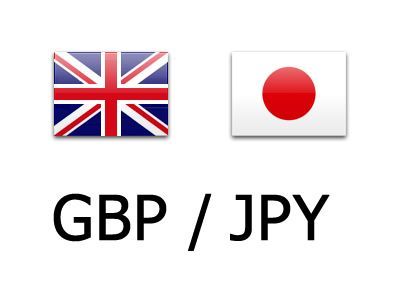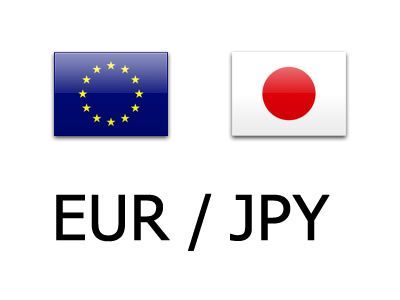UK May final services PMI 50.9 vs 50.2 prelim
- Prior 49.0
- Final Composite PMI 50.3 vs 49.4 prelim
- Prior 48.5
Key findings:
- Marginal increase in business activity
- Business optimism rebounds to a seven-month high
- New work and employment continue to decline
Comment:
Tim Moore, Economics Director at S&P Global Market
Intelligence, said:
“The service sector regained its poise in May as receding
concerns about US tariffs, recovering global financial
markets and greater confidence among clients all helped to
support output growth. Although only marginal, the upturn
in service sector activity was stronger than first estimated
in May.
“Output growth expectations for the year ahead also
rebounded after April’s tariff-related slump. Optimism
reached its highest level since October 2024, which
reflected forthcoming business investment plans alongside
hopes of a turnaround in sales pipelines and improving
domestic economic prospects.
“Prevailing demand conditions nonetheless remained
challenging in May, as signalled by a sustained reduction
in total new orders across the service economy. Survey
respondents mostly cited cutbacks to discretionary
business and consumer spending.
“Reduced workloads and pressure on margins from
increased payroll costs meant that headcounts remained
under close scrutiny. Aside from the pandemic, the current
eight-month period of falling employment numbers is the
longest streak since 2008-10.
“While rising wages were again the most commonly reported
factor pushing up input prices, the overall rate of cost
inflation eased from April’s 21-month high. Softer cost
inflation and intense competitive pressures contributed to
the slowest rise in price charged by service providers since
last October.”
This article was written by Giuseppe Dellamotta at www.forexlive.com.




